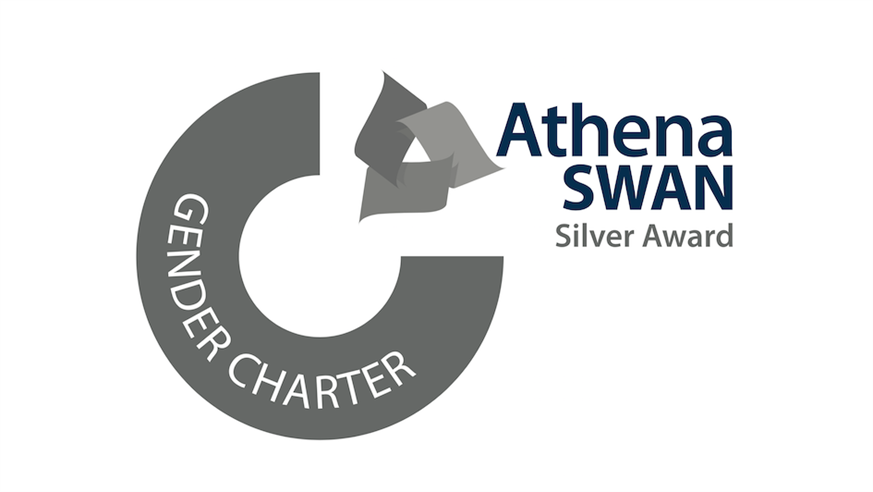Understanding Inclusive Leadership
The School of Molecular Biosciences is dedicated to creating a supportive, engaging, and cohesive research and learning environment. Through surveys and focus groups, SMB members highlighted inclusivity in leadership as a key issue they would like to explore.
Using a mix of 1-1 interviews and focus groups within SMB, a set of Inclusive Leadership principles were developed for our School. Guidelines, ideas, and good practice ideas were created and were then fed into a co-collaboration process to develop an Inclusive Leadership interactive resource. You can learn more about our self-reflective Inclusive Leadership Resource here.

Our team defined a leader as: "A person who leads a group, respecting their uniqueness as individuals (highlighting and developing their strengths), and is empathic - trying to treat people fairly and making them feel like they belong."
Knowledge exchange and sharing is the cornerstone of successful scholarship, and within the School of Molecular Bioscience, you may find yourself acting as a leader within your laboratory, lecture, or as a graduate teaching assistant.
Inclusivity in leadership improves research & learning outcomes, team dynamics, provides a stronger understanding of colleague’s goals, encourages calculated risk, and fosters collaboration.
An inclusive leadership mechanism provides support, improves coordination, facilitates belongings, encourages communication, and understands cultural differences among members.
Our Inclusive Leadership Principles - created by members of our School.
Want to learn more? Explore our Inclusive Leadership Resource
This page was published in November 2023 & is due a review in Nov 2026.
An Overview of the Inclusive Leadership Development Process
We held two workshops (one for group leaders, another for post-doctoral researchers, professional services staff, and post-graduate students) to discuss what Inclusive Leadership means to each group, and how to respond to different challenges. An amalgamation of the discussions from both workshops is presented here to inform future discussions within research groups.
Collective definition of Inclusive Leadership drawn from both workshops:
A person who leads a group, respecting their uniqueness as individuals (highlighting and developing their strengths), and is empathic trying to treat people fairly and making them feel like they belong.
- The idea of belonging was emphasised with ECR/technicians as particular important
- Able to present the bigger picture
- Looking to leave a legacy and real-world impact
- Active listening
- Shares experiences and personal challenges
- Creates an atmosphere of trust during meetings: supports members of research group to voice their ideas, thoughts, concerns and views and be open to suggestions
- Moves away from an overly hierarchical approach to meetings: encourages dialogue, ensures that all members of the team could contribute if they wish to do so
Traits of an inclusive leader:
Communication skills
Feedback, recognition and development
- Feedback is helpful and constructive. Wording matters – negative feedback can be provided in a constructive manner that encourages the individual to improve
- Encourages and responds personal feedback and takes action that is relayed to group
- Shows awareness of own strengths and weaknesses
- The leader should recognise the role of the team and contribution of the individual
- Understands strengths of the individuals of the team and can foster each and everyone in their unique way
This also should include focussed career development and growth conversations
As role model
- Practice matters – leaders should model behaviour, behavioural change and best practice
- The ECR/technician group highlighted that it would be helpful if leaders were seen working on their own personal development, highlighting when they are taking courses such as Managing Diversity
Other traits
- Reliability/Consistency
- Decisiveness
Challenges:
Pandemic
- New ways of working/ connecting to one another remotely, lost productivity
- Challenge of encouraging and monitoring student progress – encouraging self-sufficiency and motivation without trading off wellbeing or mental health
- Mental health challenges and available mental health support (increase in anxiety and depression), significant delay in accessing mental health provisions have been noted
Power
- Power imbalance between ECRs/ technicians and PIs mean that the group felt it could be detrimental to voice concerns or note issues of bad practice
- Lack of confidence in reporting mechanisms, understanding of ways different ways of reporting bullying and harassment
Other
- Challenges in how to appropriately motivating and challenge/ ‘push’ people, as well as effective ways to provide negative feedback have been noted by the two groups
- Group meetings: encourage all group members to present each week for short time, allow space for silence, allow different people to lead/ chair meetings
- Away days should provide an opportunity to get everyone involved – humanises people and allows people to get involved and network. Meeting in person is still essential to make these connections
- Anonymous suggestion box to celebrate good practice
- 360 surveys for all PIs
Good Practice ideas:
- Group meetings: encourage all group members to present each week for short time, allow space for silence, allow different people to lead/ chair meetings
- Away days should provide an opportunity to get everyone involved – humanises people and allows people to get involved and network. Meeting in person is still essential to make these connections
- Anonymous suggestion box to celebrate good practice
- 360 surveys for all PIs
Up to the challenge? Explore our Inclusive Leadership Resource here.


